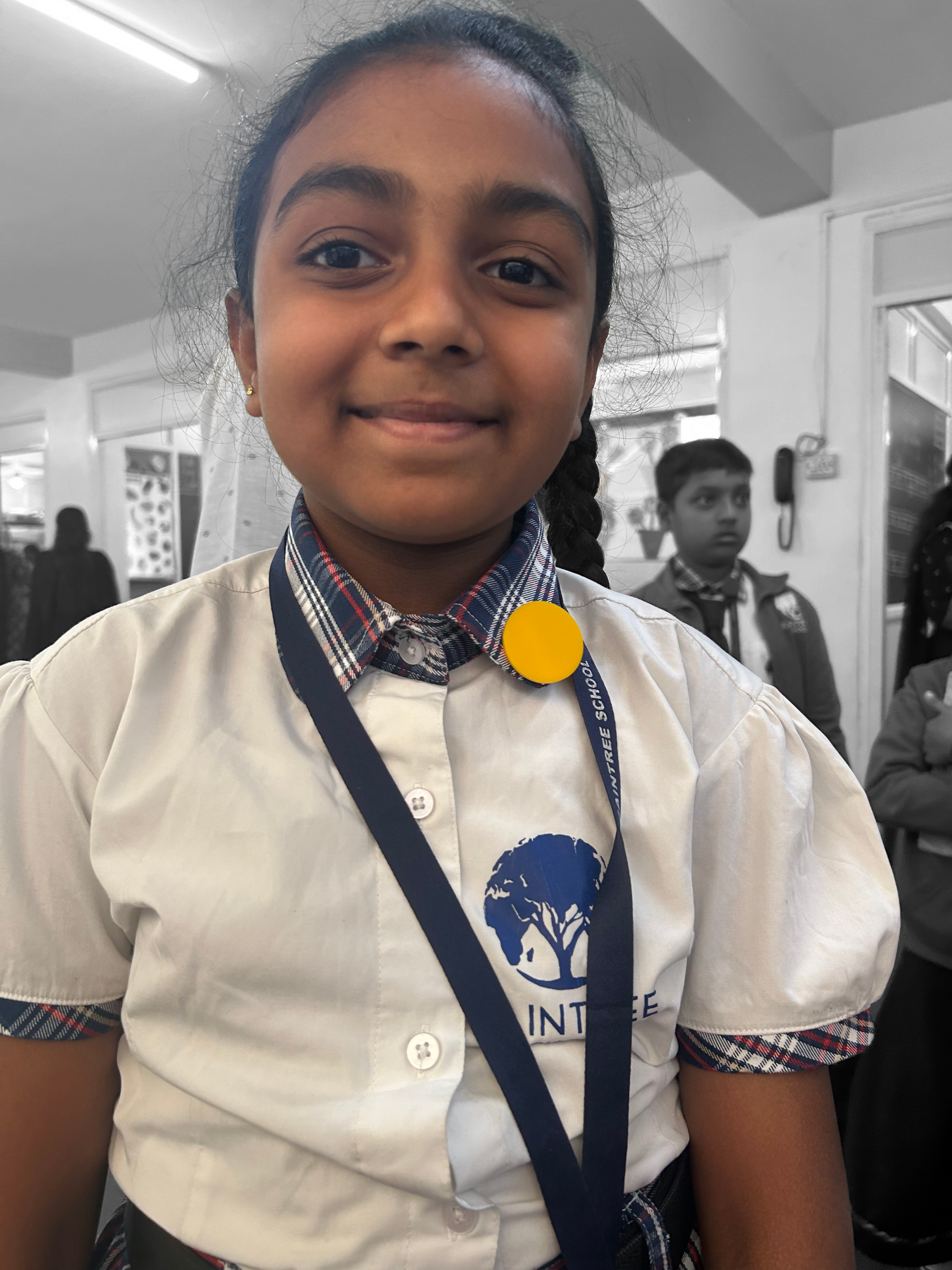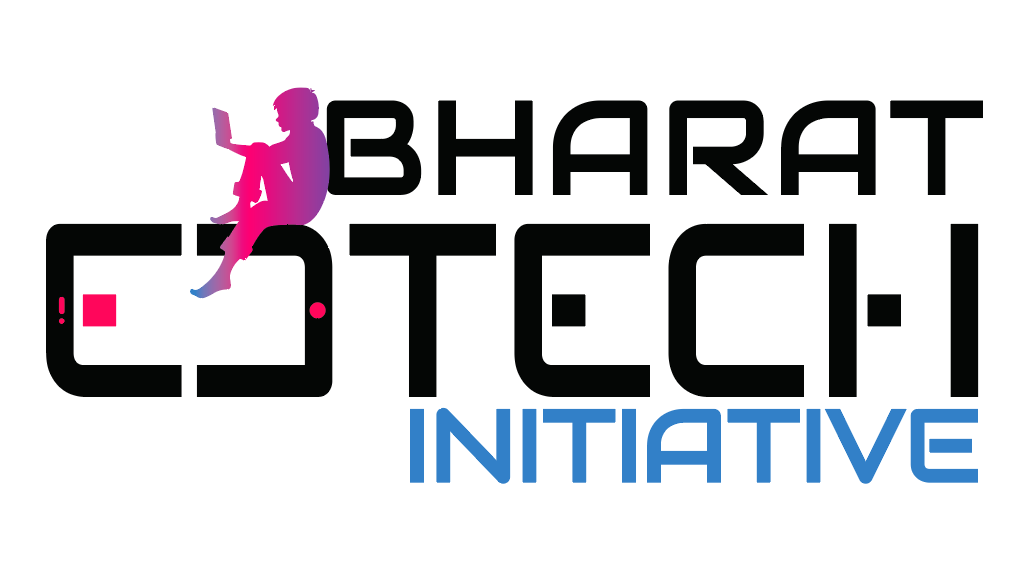April 17, 2023
Nine-year-old Syeeda Shifa gives a shy smile as she responds correctly to a quiz question. A quiet child, it’s not often that her teachers find her hand shooting up, but on this day, Syeeda seems keen to prove a point.
When asked if she is enjoying the session, she shrugs and remarks quietly that it doesn’t matter, as her parents want to move her to another school soon. “I will have to make new friends, all over again,” she says. Syeeda’s commute time to school takes close to an hour and it’s not something her parents are keen to continue.
While sessions like the quiz may work as a quick and informal test of knowledge for students, the uptick in Syeeda’s level of engagement is a clear indication of her increased participation.

For Syeeda’s teachers, collecting real-time data like this is facilitating differentiation and interventions where necessary. It helps them reinforce the fact that leveraging at-home learning time through proven EdTech solutions is benefiting students like Syeeda with enhanced learning outcomes. Providing this kind of personalised information to parents also goes some way in persuading them to retain the child in a school that actually has such interventions in place.
The impact of data-driven programs
Over the past few decades, the world has seen a stunning metamorphosis. The curriculum in schools has also undergone several adjustments, given the pandemic and the ever-changing digital landscape.
A huge amount of learning data has been produced as a result of the aggressive use of technology in the learning process, which has increased opportunities for interaction, collaboration, and knowledge sharing. This has made it possible to gather, interpret, and analyse learning evidence in the educational system.
For the last eight months, Syeeda’s school, a low-income private school in the heart of Bengaluru, has been deploying EdTech interventions with our community partner 321 Education Foundation’s support. Since 2012, the NGO has been delivering impactful, user-focused and data-driven programs to educators to ensure quality education for the most vulnerable and marginalised students.
With the aim of ensuring the attainment of foundational learning outcomes for over half a million children by 2025, 321 Education Foundation has been striving hard to fill the gap in the learning loss of children between Classes 1 to 5.
It is well known that the closure of schools for a long time during the pandemic has had negative impacts on children’s learning. This is especially true for children in the foundational years as they began their formative years in education amidst great uncertainty.
By leveraging data from the EdTech solutions that have been deployed, organisations like 321 Education Foundation are enabling interventions at an early stage. Syeeda, who has a five-year-old sister who will soon be joining Class 1 in the new academic year, wants her sibling to also learn from the EdTech app she uses at home. “If she doesn’t know how to use it, I can teach her!” she exclaims. But, the question remains whether the sibling duo will continue to be in a school that provides such interventions.
Around 130 million school-going children in India study in primary grades. But, the foundational literacy and numeracy (FLN) abilities necessary for success in their higher education have not been obtained by seven out of ten children. With various factors like poverty, accessibility and availability of resources in the way, this is hardly surprising.
This is where interventions like Bharat EdTech Initiative (BEI) come into force. BEI is one of India’s largest collaborative initiatives directly reaching more than 100,000 underserved students. Facilitating learning outcomes by bringing together diverse stakeholders, using data-rich information, and ensuring a clear focus on the learning outcomes of children is ensuring children like Syeeda have more than a quiz to celebrate!
With the support of BEI, girls are able to learn anytime and anywhere, while having the agency to make choices in their educational journey.
Read More >With Bharat EdTech Initiative’s intervention, 55-year-old Pushpa Kalidas Rathod, principal of Chandra Vasan Primary School, is helping improve student learning...
Read More >It takes more than mere access to EdTech for students to realise the potential of the opportunities available to them. Having an invested and compassionate adult at home can determine how far a child goes in leveraging their resources.
Read More >It’s 9 am, and there’s still an hour to go before Pera Primary School in Navsari, Gujarat, comes alive with...
Read More >What happens when a crisis hits another crisis? Prior to the pandemic, 130 million girls were out of school and...
Read More >In spite of the growing reach of mobile and internet access across the country and the expansion of the EdTech...
Read More >For centuries, the pursuit of education has been confined to physical classrooms. The global EdTech boom catalysed by the pandemic...
Read More >According to the World Bank, learning losses from COVID-19 could cost this generation of students close to $17 trillion in...
Read More >Ask a classroom full of children about their most dreaded subjects, and we can safely assume that most of them...
Read More >EdTech solutions can potentially pave the road leading to equitable and quality education. BEI is leveraging the power of EdTech to ensure..
Read More >Every now and then, one comes across a phrase or a passage that strikes an instant chord and resonates with...
Read More >